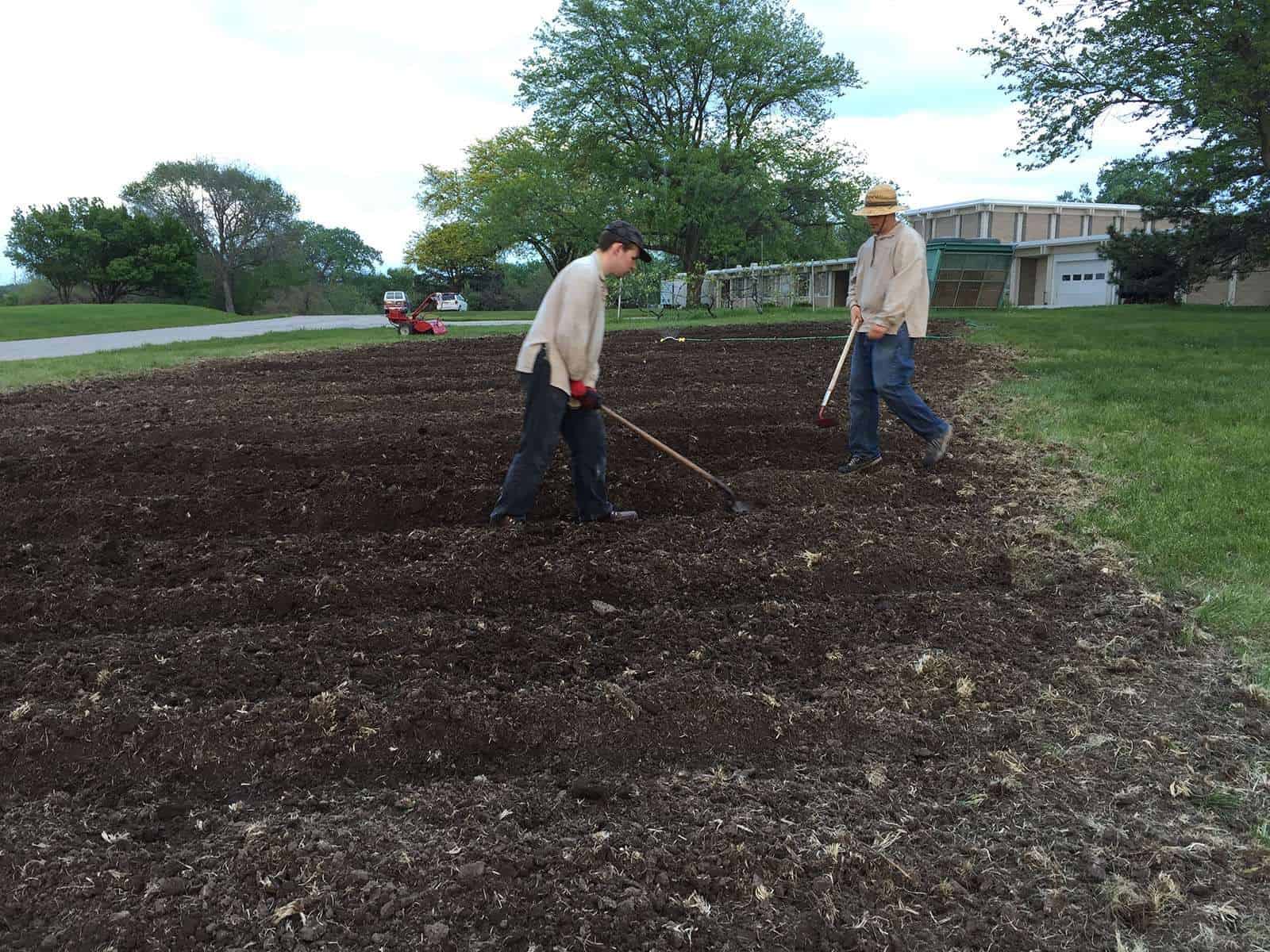
1. All the Knights will join in work and service, including manual labor, so as to better imitate Jesus Christ, who was Himself a laborer, self-sacrificing, and humble of heart. Work is always to be balanced with prayer and can never replace it; however, one’s work can also become a prayer and offering of contemplation. Daily work, offered in union with Christ’s work on the cross, is transformed into a sacrifice and lends new vigor to all our activities. Work becomes a means that helps us cultivate a spirit of diligence and self-sacrifice, preparing us to practice virtue even when it is most difficult.
2. All the Knights will have a share and rotation in the traditional work required for community life, as no one is exempt from even the most menial tasks. The daily tasks such as cooking, cleaning, laundry, gardening, and maintenance are part of making community life possible and organized. Moreover, external work can contribute to the community’s self-sufficiency and apostolate.
3. As part of their service to the Church, the Knights will undertake work for the Church’s parishes and schools, institutions, and other ministries. Recalling their founding, the Knights may generously serve other religious communities, helping with their maintenance or other needs. Knights are to be trained in any needed skills so as to be proficient and competent in their various labors; for example, cooking, groundskeeping, repairs, and maintenance. Though they do not work seeking payment, they will humbly accept remuneration for their services. Normally, a Knight may not undertake private employment or work in his own name.
4. At times the Knights may engage in work to help the poor and the needy. They seek to manifest their love for Jesus not only in fulfilling their daily responsibilities but also, when opportunity arises, by performing works of charity not specifically prescribed. Using free time, members may choose to bring comfort and companionship to the sick and the elderly or assist the poor and the underprivileged with whom they have contact. Service to one’s neighbor, especially the poor, is both a work of charity and a means of evangelization.
5. Even amid daily occupations, the Knights will have many opportunities to evangelize, to comfort, to lend a willing ear to the needs of the numerous visitors or other individuals whose paths they might cross. They strive to be always sensitive to the opportunities for furthering the Kingdom of God that Divine Providence will present unexpectedly each day.
“Be fervent about the work you do, and do it very well, because it is a part of your sanctity” (Mother Mary Angelica, P.C.P.A.).